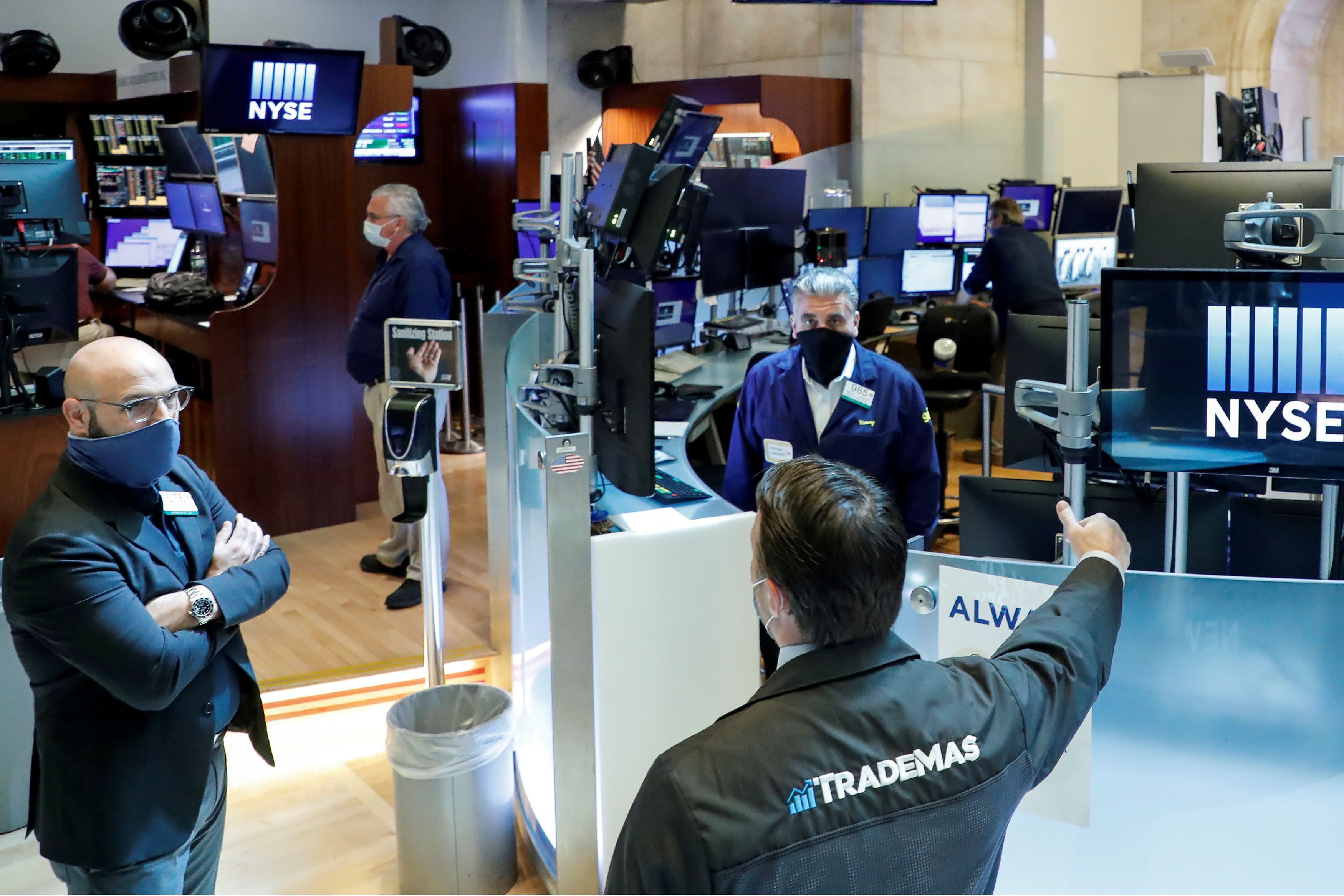Big Tech's "Big Tobacco" Moment
EDITOR'S NOTE
Today is the first time in a long time I'm genuinely interested to watch a Capitol Hill hearing. Bezos! Zuckerberg! Indeed, all four Big Tech head honchos (the others being Apple's Tim Cook and Google's Sundar Pichai). Bezos has never testified on Capitol Hill before, so that alone is worth the price of admission. It starts around noon and we'll be carrying it live on CNBC.
The moment is akin to when the Big Banks were hauled before Congress after the financial crisis; parallels are even being drawn to the tobacco industry's comeuppance in the 1990s. Except, as Stratechery's Ben Thompson points out, there hasn't been a crisis (although the speech and bias issues are moving in that direction, and privacy remains a top concern), and these companies are still wildly popular. Amazon had a 91% favorability rating as of December, per The Verge; Google's was 90%, Apple's 81%, and Facebook's 71%.
Let's go back to the speech, bias, and privacy issues, which will likely play a big role in today's questions from the House antitrust subcommittee. If this is an antitrust hearing, Thompson argues, then the hearing should primarily focus on competition and whether there is enough of it so that users have a real choice in the market. The problem is that the remedy for not enough competition is more competition, and increased regulation usually has the opposite effect on industries.
"Effective tech regulation requires new laws," Thompson writes, as opposed to fines or other traditional antitrust remedies, which is why he says Congress ought to be at the forefront of the government response here, as opposed to states or agencies like the FTC. To that end, I'll be listening closely for hints of what those new laws might look like.
Apple and Google, to Thompson, have "much more significant antitrust issues" than Amazon and Facebook. (Hence why Cook has often been quick to point figures at the other companies' practices.) Apple's issues primarily relate to its App Store fees and restricted competition on the iPhone; Google's range from its search results to its ad exchanges; Amazon has supplier and cloud questions to contend with, and Facebook will have to answer to its Instagram acquisition and plans with messaging and Shops.
There's a deeper issue at stake here, too. As Andy Kessler wrote, "Listen closely and you may hear rumblings of the antitrust 'theory of competitive harm.'" Sounds normal in an antitrust hearing, no? But in fact, the theory of competitive harm, if it gains significant traction vis-a-vis Big Tech, would supplant the traditional need to demonstrate consumer harm in order to justify government intervention. And it could open the door to using antitrust law more generally, to address social issues like inequality.
Quick example from my own life yesterday. We had to very quickly clear out some old dining room furniture, with nowhere to put it except on the front porch. Not ideal! I needed to get rid of it fast. I put the table up on our local Facebook "Buy Nothing" page, and the cabinet I listed on our local Facebook "Yard Sale" group. Both were snapped up within thirty minutes. The table was gone before dark, and the cabinet is being picked up today. Meanwhile, my Craigslist posting for the cabinet--same photos, same price--languished for hours without a single response.
So what's the takeaway? Facebook is the new Craigslist, and, if they allowed auctions, I'd argue it would quickly become the new eBay. Bad for competitors (i.e., "competitive harm"), but great for us consumers--i.e., no consumer harm. No wonder Facebook has such high favorability ratings in spite of all its controversies. Should their commerce activity be restricted to force people back on other platforms? That's the trillion-dollar question.
You probably won't see me at 1 p.m., but we'll pop on at 2 p.m. with--oh yes--the Fed decision and market reaction. See you soon!
Kelly
P.S. The Exchange is now a podcast! Click to subscribe.
KEY STORIES
IN CASE YOU MISSED IT
| ||||||||||||||||||||||||||||||||||||||||||||||||||||||||||||||||||||||||||||||||||||||||||||||||||||||||||||||||||||||||||||||||||||||||||||||||||||||||||||||||||||||||||||||||||||







Post a Comment